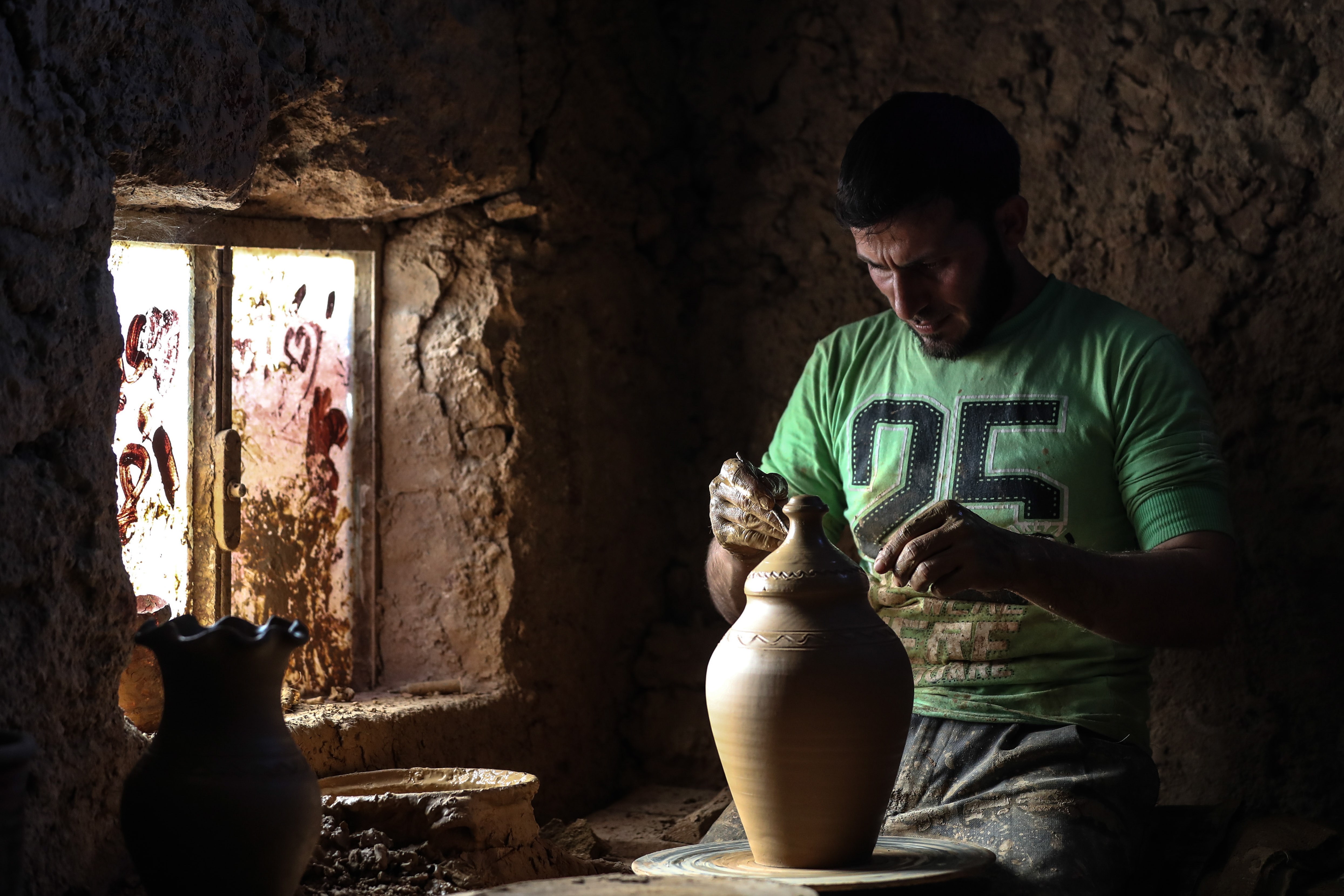
Syrian potter braves civil war to make traditional items
Potter Aref Jammo went about his daily tasks Monday in defiance of the violence and streams of desperate refugees fleeing his war-torn Syria.
Unlike many of his compatriots, he has stayed in Syria despite the civil war and chooses to continue working as a traditional potter, as he has done for more than 35 years, an epa-efe journalist reports.
In his workshop in the northwestern city of Armanaz, Aref's staff make jugs, pots, hookah water pipes and other clay pieces from start to finish.
As a first step, they lay out moist clay to dry in the sun for 15 days, after which it is mixed with water and shaped into the pots, ovens, jugs and jars they will become.
The items are then left to dry and then put into a kiln for firing until they are hardened and finally ready for sale.
During summer, his business can produce about 2,500 clay bowls for hookah water pipes, 300 clay money boxes, 25 large pottery items, 125 medium-sized items and 1,000 smaller items.
CONTENIDO RELACIONADO
The ancient city of Armanaz, settled for at least one millennium, has for many years been famous for its artisanal output, including glass manufacturing and traditional pottery.
The 66-year-old told epa that he learned his pottery-making skills from his father, a common method of transmission of this knowledge in Armanaz. The elderly potter has, in turn, shared his skills with many people in the area.
Before the civil war erupted in 2011, the creations of his workshop were sold to regional customers in Jordan, Lebanon and Turkey, and further afield to Belgium, the United States and countries in Asia.
But the war has taken its toll on the business, which has been forced to reduce its production to 30 percent due to the high cost of raw materials as well as government-imposed taxes.
Aref now only exports to Lebanon via ports controlled by the Syrian regime, the epa-efe journalist said.
Due to a lack of cooking pot availability and electricity in the local area, pottery has become a popular means of keeping water cool.


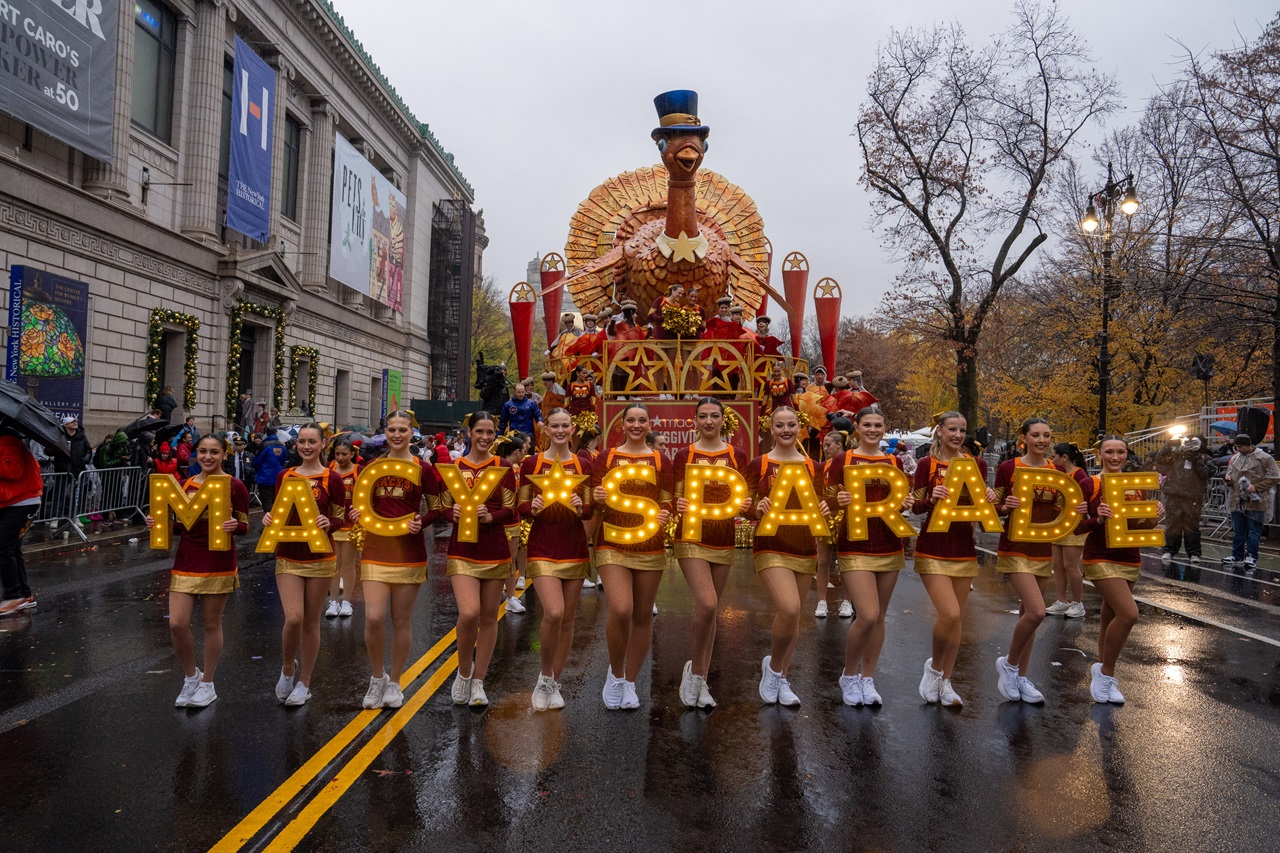
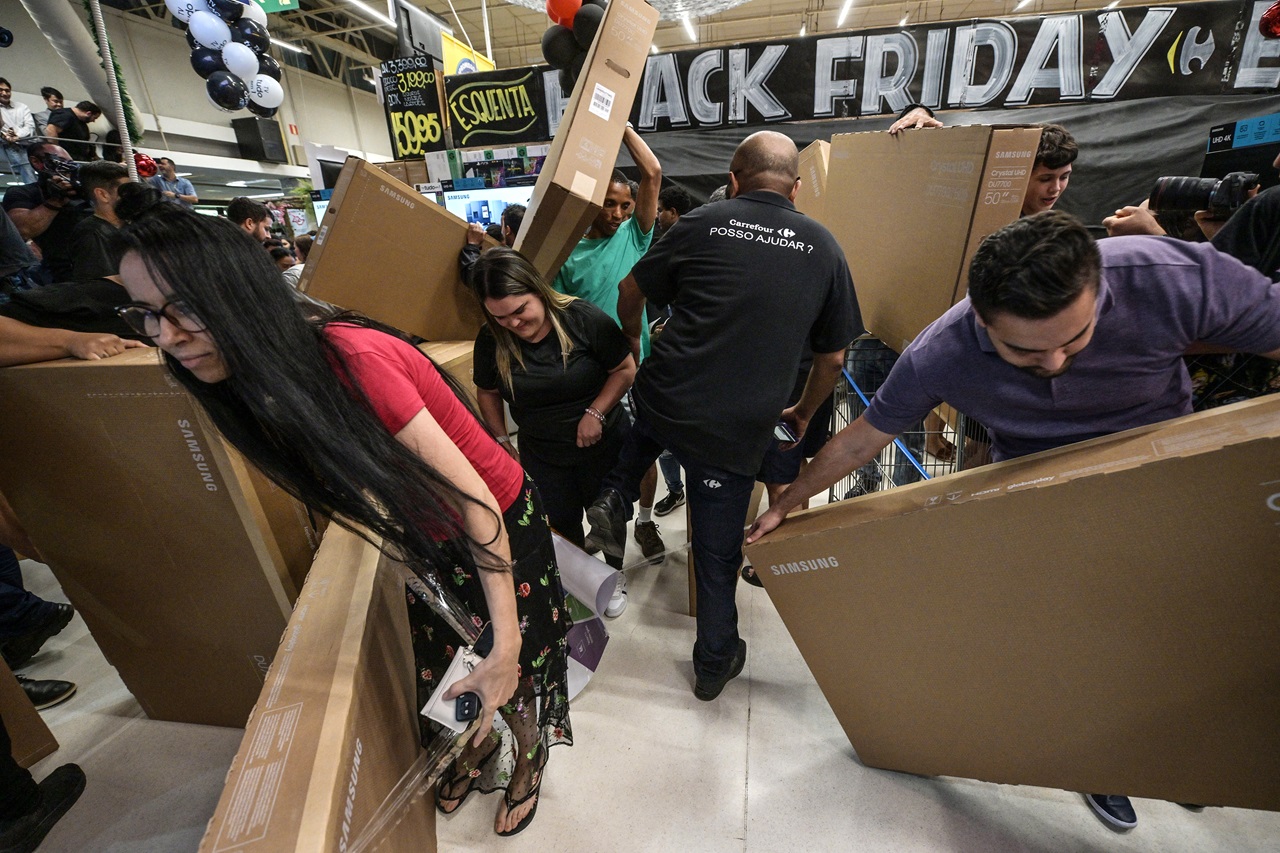
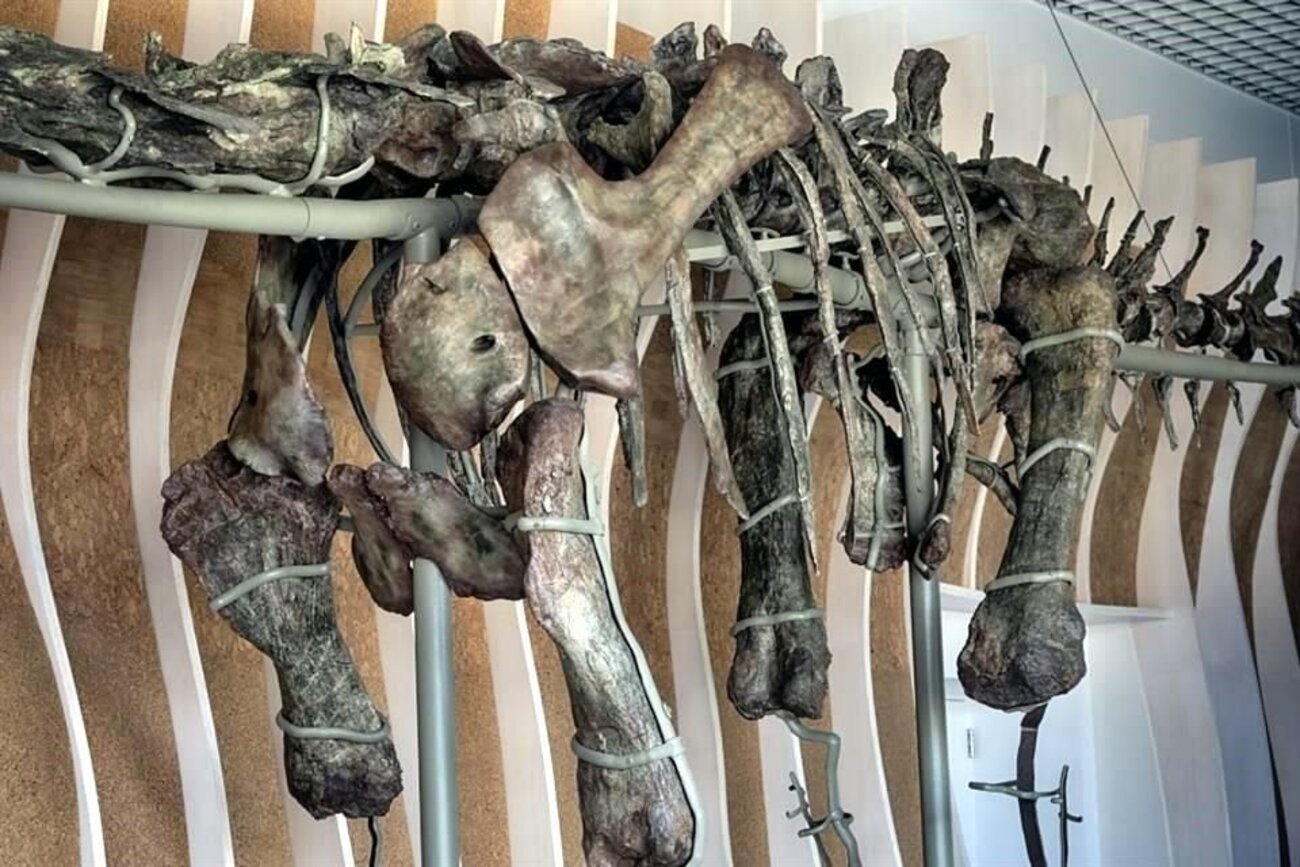


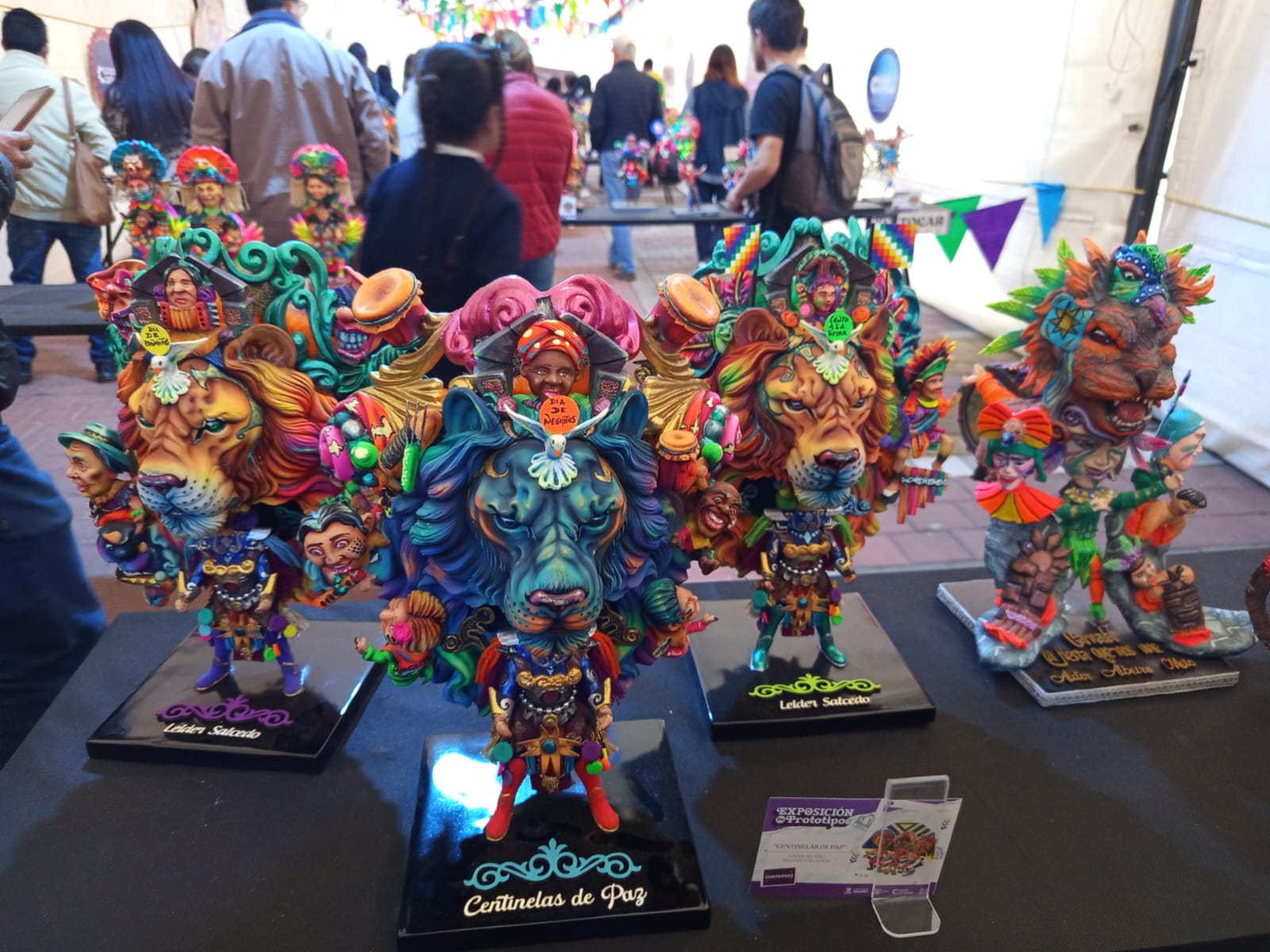


DEJE UN COMENTARIO:
¡Únete a la discusión! Deja un comentario.